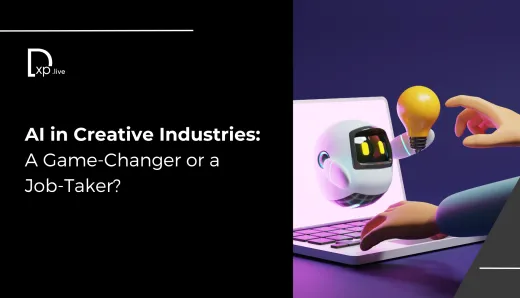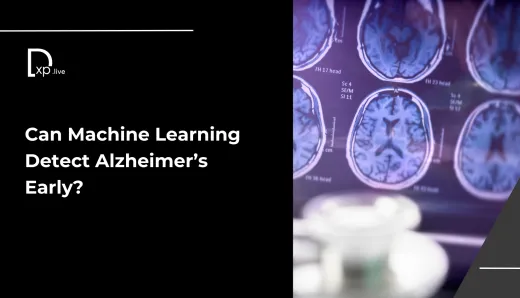Is ChatGPT a hype, hero or heresy in artificial intelligence & academic integrity?
The National Library of Medicine published an abstract titled Academic Integrity and Artificial Intelligence: is ChatGPT hype, hero or heresy? Here we will discuss the synopsis of the abstract and share our opinion on whether AI system ChatGPT has integrity for scientific writing and higher education or not.
Synopsis of the Abstract, Academic Integrity and Artificial Intelligence: is ChatGPT hype, hero or heresy?
The abstract discusses the implications of ChatGPT in scientific writing and higher education. While the ability of the Large Language Model, ChatGPT to generate human-like responses is exciting across research fields like nuclear medicine, clinical practice, and education, there still are some limitations. ChatGPT is limited in its responses in a way that it is prone to fabricating false information and errors. This poses risks to academic integrity, ethical values, and professionalism in the medical field. It is hence evident that ChatGPT cannot be blindly trusted.
The abstract also suggests that assimilating AI like ChatGPT in practice will require redefining some norms and also setting expectations about its limitations and capabilities. There is a need to re-engineer how to validate and cross-check facts for AI-generated information so that it upholds the integrity standards.
Here is the original abstract published by National Library of Medicine.
DXP.live Opinion on Academic Integrity and Artificial Intelligence: is ChatGPT hype, hero or heresy?
LLM systems like ChatGPT, Gemini, Bard and Claude come with immense potential benefits of generating accurate human-like responses in real-time across several domains. Its application in research, clinical practice, and nuclear medicine education can be a major productivity booster.
ChatGPT’s Risk to Ethics and Professionalism in Medicine
AI has the potential of rapidly communicating information, while also synthesizing it. However, the author of abstract, Geoffrey M Currie also raises valid concerns around ChatGPT’s proneness to fabricating information and generating errors. This could undermine the usefulness of LLMs and also the risks that they pose to professionalism and ethics.
Since Large Language Models have an underlined technology of machine learning, and they can only generate responses based on statistical patterns in training data, it makes them susceptible to give plausible-sounding, but incorrect information. This goes specifically true for technical topics where ChatGPT and AI-generated LLMs have limited training.
Redefining norms and resetting expectations around AI to empower human intelligence
The author, in our opinion, is wise in suggesting norms and resetting expectations around artificial intelligence. Large Language Models like ChatGPT, Claude, Bard, and Gemini should be seen as tools that empower and augment humans, instead of being the authoritative source of truth. The output generated by ChatGPT must not b blindly accepted. Proper scrutiny helps enhance productivity and human capabilities; especially in high-stakes domains like science & medicine.
The Benefits: Technological transition towards higher productivity & balance
Ultimately, AI can support scientific and academic endeavors if this technological transition is treaded thoughtfully. Viewing AI-based LLMs as a “guide on the other side” rather than a single-point source of truth can help get a healthy and balanced stance.
Conclusion
The path forward requires us to redefine the human relationship, seeing it as a collaboration rather than one overtaking the other. LLMs must be seen as partners that can empower human judgment or expertise, and not replace it. Such disruptive technologies can bring interesting socio-technological transition, but it demands realigning human expectations from AI and have an open discourse to it.
What is your take on this balanced approach? We encourage our audience to follow us for more insightful perspectives while we navigate opportunities, challenges, risks, and threats of disruptive technologies like artificial intelligence. Do not forget to subscribe to our podcast channel, Tech Beyond Boundaries as we take a deep dive into thought-provoking debates and discussions on latest technological disruptions.




